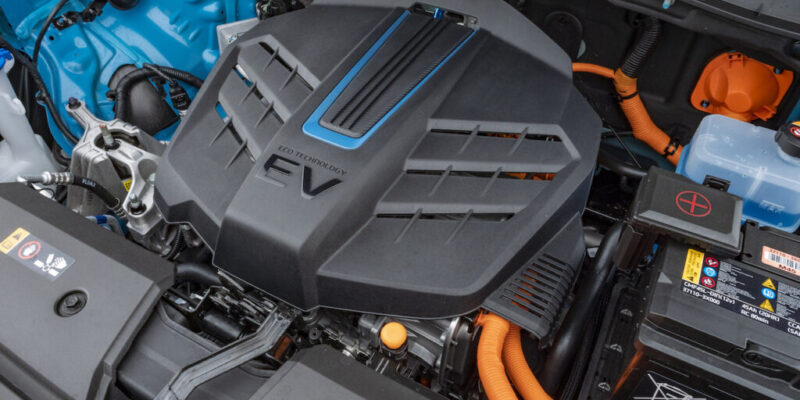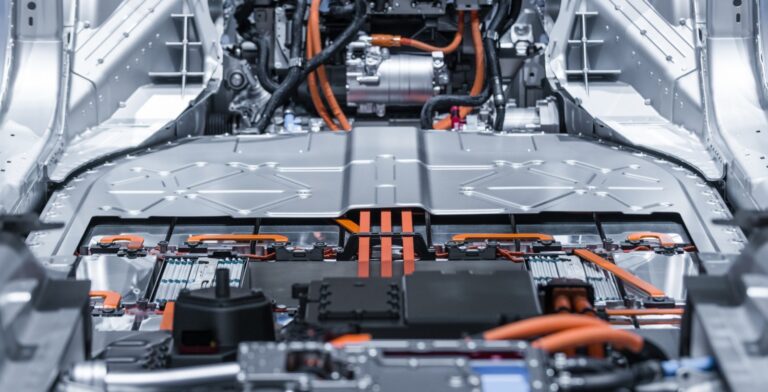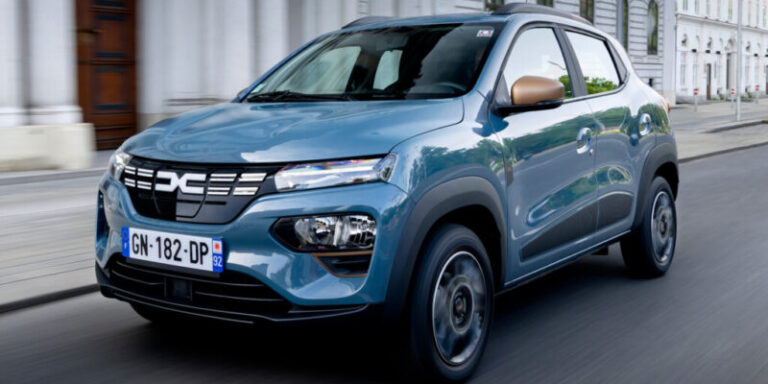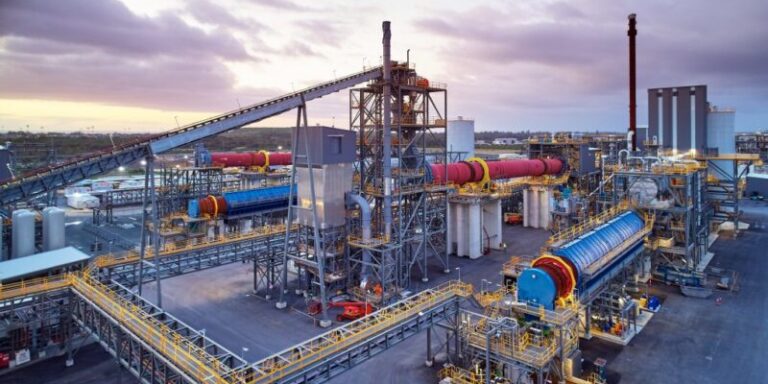
Hyundai Motor has entered the race to recruit top battery research talent, aiming to speed up electric vehicle (EV) adoption through the in-house development of next-generation all-solid-state batteries, the company announced Friday.
Currently, Hyundai sources most of its EV batteries from leading Korean and Chinese suppliers, including SK On, LG Energy Solution, and CATL.
However, the automaker plans to expand its battery development capabilities, allowing it to cut EV production costs and improve driving efficiency.
“We are working to establish a full battery value chain, from design to mass production,” a Hyundai official said. “Battery technologies are critical to advancing future mobility.”
The new recruits will be based at Hyundai’s Uiwang R&D Center in Gyeonggi Province, focusing on battery design, quality management, equipment maintenance, and materials sourcing.
This initiative places Hyundai in direct competition with major Korean battery manufacturers like Samsung SDI, LG Energy Solution, and SK On. Despite fluctuations in the global EV market, battery companies are intensifying their efforts to hire specialized engineers and researchers to improve battery safety and performance.
Hyundai’s strategic focus is on developing all-solid-state batteries, known for their stability and high energy density, which are viewed as the “dream batteries” for next-generation EVs.
Hyundai has already set up a dedicated battery unit at its Namyang R&D Center in Hwaseong, Gyeonggi Province, and now aims to ramp up its workforce to fast-track these developments. Interested candidates have two weeks to apply.
The move to bring battery production in-house is a growing trend among global automakers, as batteries currently represent nearly 40% of EV production costs.
Overseas competitors like Tesla, General Motors, and Toyota have announced similar plans, while China’s BYD is also advancing its EV battery technologies.
In September, Hyundai also formed a partnership with EcoPro BM to co-develop lithium-iron-phosphate (LFP) battery cathode materials, further reducing its reliance on imported batteries and strengthening its technological competitiveness.






